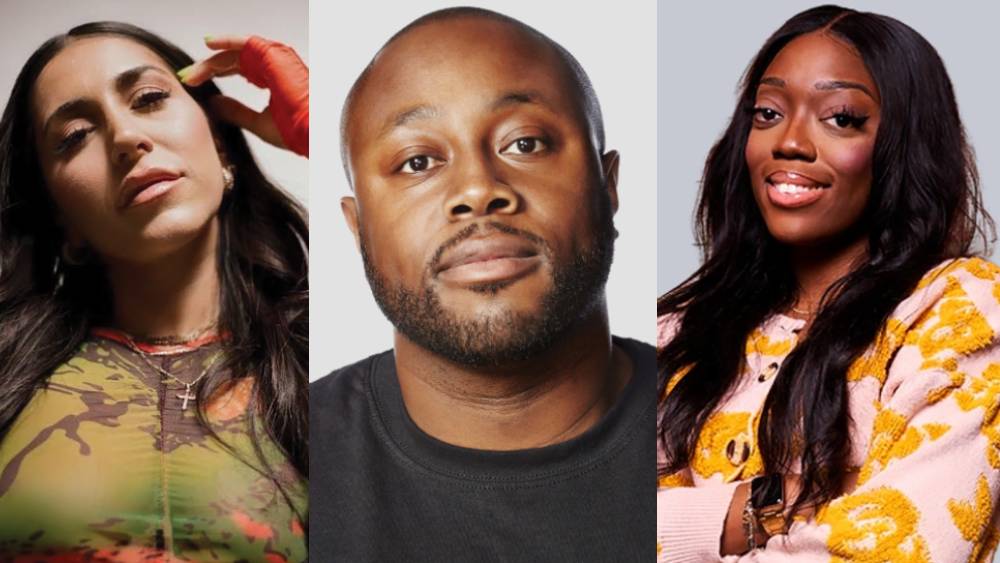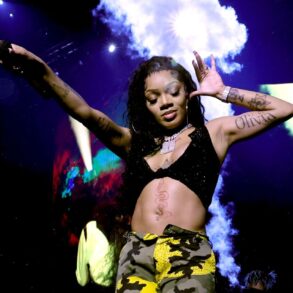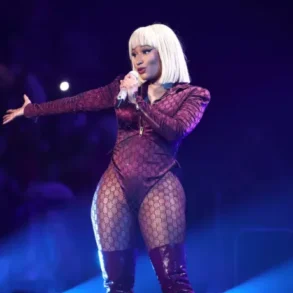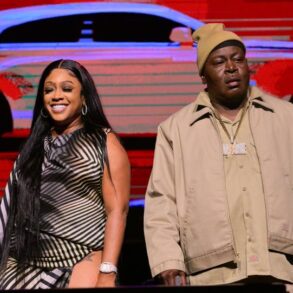
While hip hop has been inextricably linked to the cultural heritage of the US since its inception 50 years ago, it hasn’t always been as prevalent in the UK. Inspired by Jamaican sound system culture, which was brought to the UK by Caribbean migrants, and the practices of MCing and toasting, hip hop took time to find its true footing on these shores.
The eventual emergence of homegrown hip hop-affiliated genres like UK rap and grime, though, began to change the narrative, while Afroswing, a light, universal sound that meshes Afrobeats, dancehall and rap with a British twist, has more recently helped move the needle. Further propelled by the success of artists like Skepta, Little Simz and Dave (who have all won the Mercury Prize), UK hip hop and its various forms have risen in prominence to the point where they now dominate the charts: take Dave and Central Cee’s single Sprinter, which spent 10 weeks at number one earlier this year.
During this transition from undervalued underground genre to acclaimed mainstream mainstay, there has been one constant that has nurtured UK hip hop: radio DJs. These specialist tastemakers serve as voices of authority on the genre, with a single spin on any one of their prime time radio shows providing many a UK rapper with a career-defining milestone. Many of the UK’s most respected hip hop DJs, such as Kenny Allstar, Charlie Sloth and Ellie Prohan, also play instrumental roles in the music industry outside of radio. DJ Semtex, who was a BBC Radio 1Xtra host for 15 years, is a celebrated author and Sony Music UK’s director of artist development, while Tiffany Calver, who was the first ever female host of BBC Radio 1’s Rap Show, recently partnered with Polydor to launch her own imprint, No Requests.
The primary role of these DJs, though, is to act as a conduit between the masses and the hottest music around, as experienced DJ, radio host and TV presenter Shortee Blitz explains to M. ‘Back in the day, radio was one of the few ways that DJs could get new music that they thought was stellar enough out to the people on a regular basis,’ he says. ‘In the 90’s, certain DJs would only play what was “hot” from the US while neglecting the wealth of artists from these shores. That’s not what I wanted to do once I got an opportunity to do radio: I really had faith in the UK scene and wanted everyone to hear what we had over here.’
The rise of streaming and playlisting over the past decade has extended the need for specialist radio shows, allowing DJs with trusted tastes to bring music from outside the mainstream to a wider audience. KISS DJ and activist Ellie Prohan is keen to use her platform to spotlight marginalised communities and artists within UK rap: each week, she aims to give over 25 new artists their ‘KISS First Plays’. ‘The best DJs are the ones that shine light to a new sound,’ she tells M.
‘I really had faith in the UK scene and wanted everyone to hear what we had over here.’ — Shortee Blitz
An important distinction, Ellie adds, needs to be made between UK and US hip hop, particularly in how ‘uniquely British’ the former is ‘in how it brings together different genres’.
‘A lot of us who grew up on US music, including UK artists, bring its influence into [our] music, but we have undoubtedly carved our own way of telling our stories and struggle within UK rap,’ she says. ‘The journey has been a beautiful one to watch.’
At a grassroots level, radio hosts at community stations like Westside and Reprezent often provide emerging artists with their first introduction to the wider world. KISS host Esi, who started her career at Westside in 2016 before her own specialist rap show on KISS, has seen first-hand how UK rap’s acceptance into mainstream music has triggered a domino effect of sorts.
‘Initially, pluggers weren’t sending rap music because rap wasn’t being represented by the major labels, which meant that rap DJs had a responsibility to play it,’ she remembers. ‘Now the tables have turned: a specialist show is about striking a balance between playing well-known artists and newer ones that haven’t been sent by pluggers to encourage further music discovery among listeners.’
UK hip hop has ultimately become part of modern pop culture — and the work put in by radio DJs in discovering, building and preserving talent across the genre has more than paid off. The role of the DJ has grown, too: no longer just a broadcaster, these influential figures are A&Rs, music journalists and marketing experts rolled into one. Although the means of music discovery may have broadened for the average music fan with social media and streaming playing a larger role than ever, the integral role of the radio DJ, particularly when it comes to UK hip hop, can never be underestimated.
This article appears in a special edition of M Magazine celebrating the 50th anniversary of hip hop. You can read the magazine here.
This post was originally published on this site be sure to check out more of their content.






